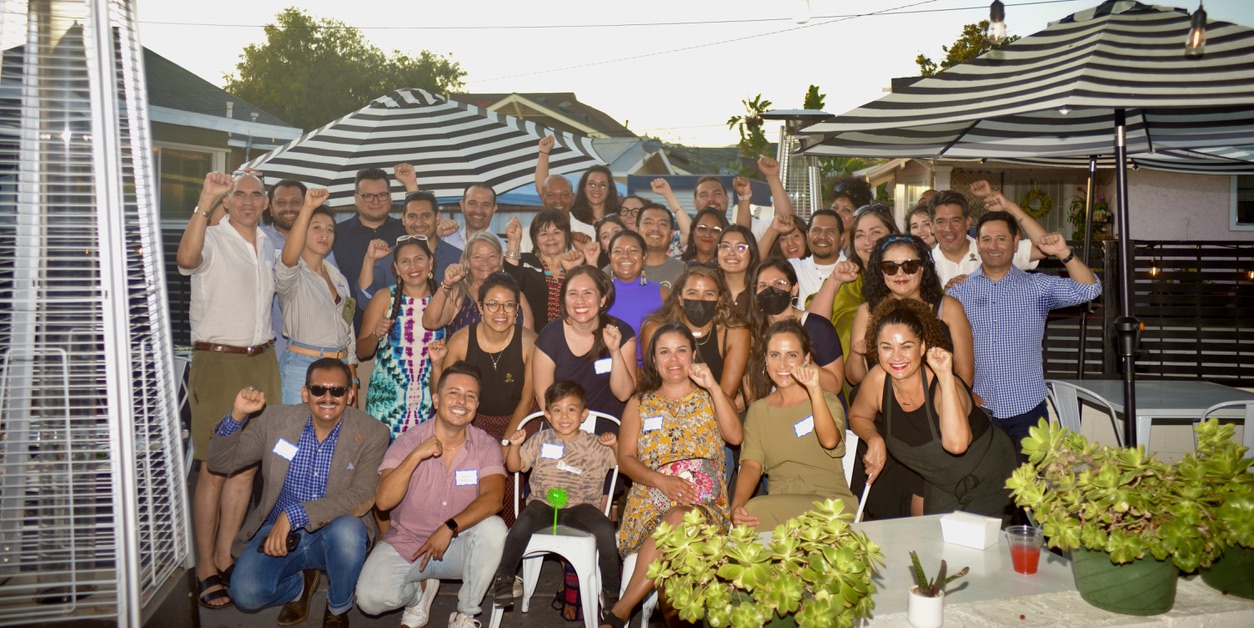By Andrea Marpillero-Colomina & Juan Roberto Madrid, The Sustainable Communities Team
Led by America Walks, Week Without Driving is a national challenge urging people to avoid driving for seven days to highlight barriers faced by non-drivers, including unreliable transit, long travel times, and unsafe infrastructure. The campaign raises awareness of mobility inequities and encourages investment in accessible, sustainable transportation alternatives to driving and car travel.
To celebrate Week Without Driving, we are highlighting a current Congressional bill, the Faster Buses Better Futures Act.
Last month, Rep. Maxwell Alejandro Frost (D-FL-10) introduced the Faster Buses Better Futures Act (H.R. 5230), which creates new grant programs to increase bus access and improve commutes, enabling cities to modernize their bus systems. The Act seeks to make public bus transit more reliable, equitable, comfortable, as well as reduce car dependency and mitigate environmental impacts, both from car pollution and bus tailpipes.
Today, approximately two in five transit buses in the US use diesel fuel, which has detrimental impacts on human and environmental health including having negative impacts to infant “gut biome” leading to nearly 60% increased risk of inflammatory disease, asthma, type 2 diabetes among other conditions. Latino/e communities are disproportionately burdened by this pollution, due to decades of public policymaking and land use decisions, made with varying degrees of poor foresight and intentionality. Latines are more likely to live near major roadways and bus depots, and suffer higher rates of environmentally triggered asthma and premature death than their white neighbors.
Rep. Frost’s bill seeks to address these issues through multiple points of intervention:
a) Requiring major cities to redesign bus networks every 20 years to better meet rider needs, extend service into under-served neighborhoods, and cut redundancies or underused routes;
b) Funding operating costs tied to ridership growth; meaning that if ridership increases, funding for the system increases;
c) Upgrading bus shelters and accessibility for riders of all abilities and levels of mobility;
d) Strengthening transit’s role in street design, including location of bus stops, curb cuts, and the creation of bus only lanes, so that bus travel becomes more efficient and a viable alternative to car travel;
e) Increasing federal DOT staffing dedicated to improving reliability, equity, and reducing car dependence nationwide.
The tenets of the Act are particularly important for Latine commuters; in urban areas across the US about 27% of Latines report using public transit daily or weekly, compared to approximately14% of non-Latine white residents.
The Faster Buses Better Futures Act aims to build and legislate systemic improvements in public transit, and fits perfectly with Week Without Driving’s objective to raise awareness among the public and decision-makers about the lived experiences of transit dependency and mobility inequity. By considering the needs of non-drivers and giving transit a bigger voice in street design and mobility planning, this helps build political and social support for more transit-oriented investment, better infrastructure, and more equitable urban planning.
Join us in celebrating #WeekWithoutDriving #BusTransit




